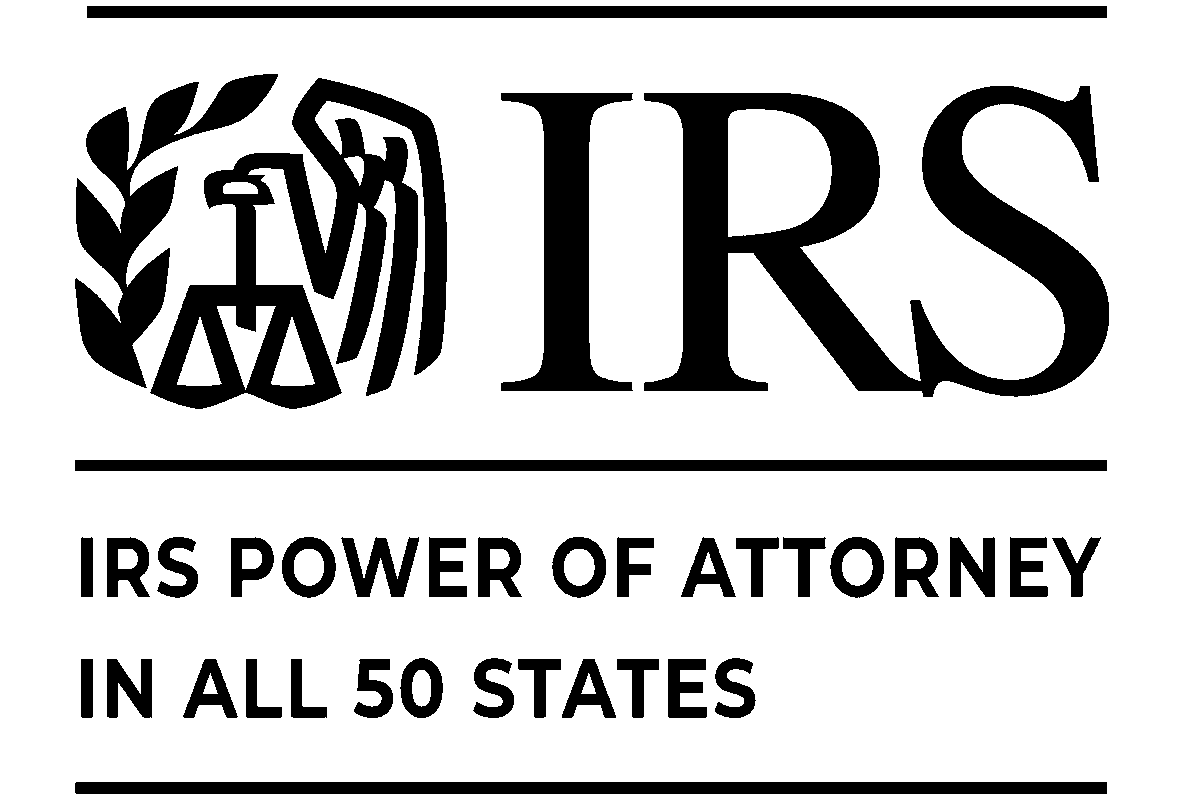The IRS uses various tools to collect back taxes, with asset seizure being one of the most serious. Under Internal Revenue Code 6331, if a taxpayer fails to pay taxes within 10 days of a notice, the IRS can seize their assets, including vehicles, artwork and jewelry. If you’re facing financial difficulties, BC Tax can help you understand IRS seizures and assist in choosing a repayment plan.
What Is Asset Seizure?
Asset seizure occurs when the IRS legally takes your assets, like a car or house, to settle your tax debt. If the IRS determines that you qualify for asset seizure, they will take the necessary steps to obtain your assets. However, asset seizure is typically a last resort after the IRS issues numerous warnings.
What Property and Assets Can the IRS Seize?
The IRS has the ability to seize almost any item with worth or equity and sell it for cash. Some examples of assets they can seize include:
- Vehicles and boats
- Bank accounts
- Retirement accounts
- Life insurance
- Social Security benefits
- Wages
- Business assets
- Jewelry, artwork and other personal property of value
- Tax refunds
- Real estate property
What Can’t the IRS Seize?
The IRS cannot seize any assets necessary for your well-being, such as:
- Unemployment benefits
- Workers’ compensation benefits
- Work tools needed for your job
- Low-value furniture
- Certain disability payments
- Court-mandated child support
- Some annuity benefits or pension plans
- Clothes and textbooks
- Assistance provided by the Job Training Partnership Act
How Does the IRS Determine What to Take?
The IRS does not seize assets just to take them. It has a specific process to determine which assets will satisfy your debt while being easiest to liquidate.
First, the IRS will assess your finances by examining your income, assets and expenses. It will also look at how responsive you were to previous communications and debt collections. The IRS aims to collect debt quickly by targeting easily liquidated assets.
If you have multiple assets, the IRS will first seize the ones of the highest value and easiest to resell. The best way to ensure it does not seize any of your assets is to come to a payment agreement for your back taxes that’s more manageable for your current financial situation.
How to Protect Yourself From IRS Seizure
One of the few upsides about a potential IRS seizure is it will never come as a surprise. The IRS will send multiple notices before pursuing asset seizure as a last resort. Upon receiving your notice, read the letter and billing information carefully, as they explain the IRS’s actions and your response options.
While the thought of an IRS seizure may be nerve-wracking, you can take the following proactive steps to protect your paychecks and property:
- Pay the amount: The easiest way to avoid IRS seizure is to pay the total amount you owe to the IRS. Mail your payment with the bottom portion of your statement or pay by phone or online.
- Request a collection due process hearing: If you feel the amount owed is inaccurate or you want to challenge the collection process, you have 30 days from receiving the notice to request an appeal and present your case before an IRS appeals officer.
- Establish a payment plan: If you cannot pay the full amount at once, you can apply for an IRS payment plan.
- Submit an offer in compromise: An offer in compromise is a settlement agreement with the IRS, allowing you to pay less than the full amount owed.
FAQs
Can the IRS Take Your House?
Technically, yes, the IRS could seize your house to satisfy tax debts. However, the process of seizing a house can quickly become complicated, and the IRS tends to avoid this action unless absolutely necessary.
How Often Does the IRS Seize Homes?
There isn’t a specific number for how many homes the IRS seizes each year. However, it is not as common compared to seizing assets such as cars and bank accounts.
Can the IRS Take a 401(k)?
The IRS can take your 401(k) or other retirement funds if needed to satisfy any outstanding taxes.
Can the IRS Take Money Out of Your Bank Account?
The IRS can take money out of your bank account for an unpaid tax bill. This is known as a tax levy.
Consult BC Tax to Prevent Asset Seizure
Don’t wait to take action if you are at risk for asset seizure. The team at BC Tax is here to help. Our licensed agents will review your tax information and current financial situation to determine the best debt repayment plan for your needs. Contact us to learn more about how our team can assist you with your tax needs today!

 1-800-548-4639
1-800-548-4639









